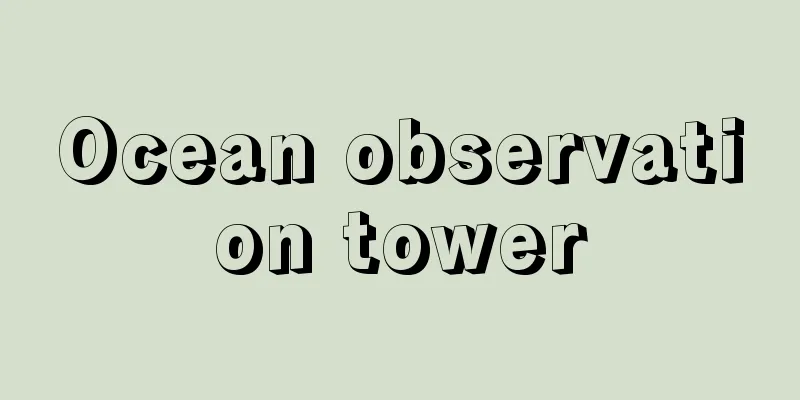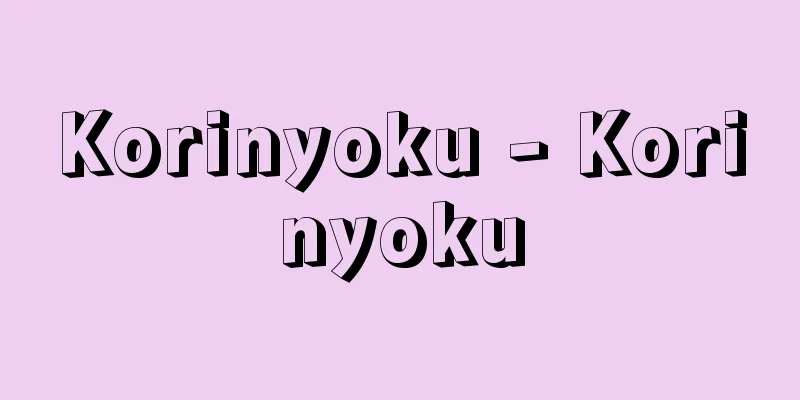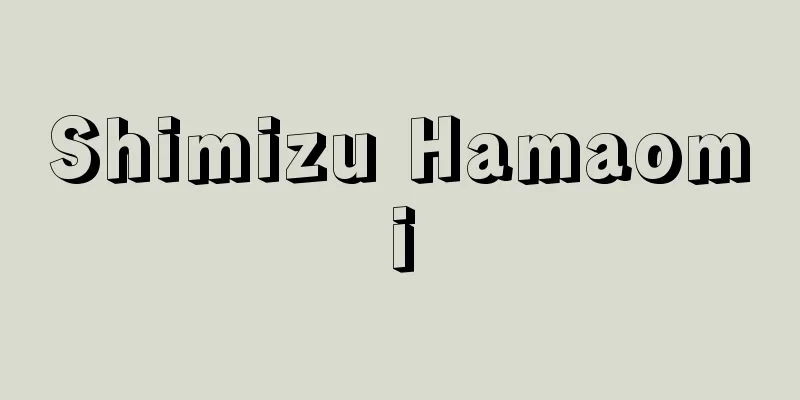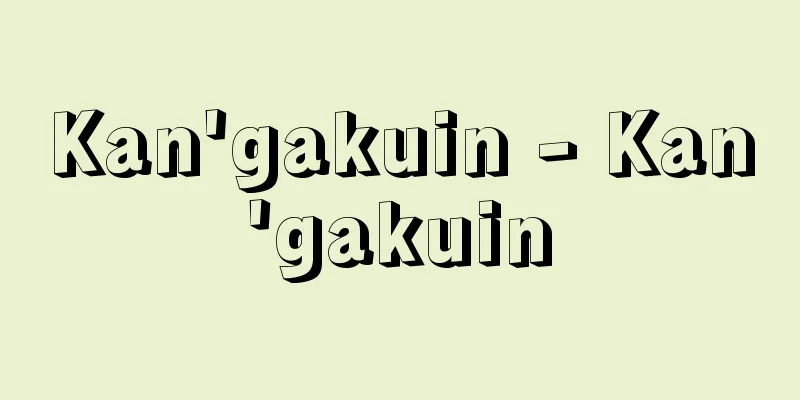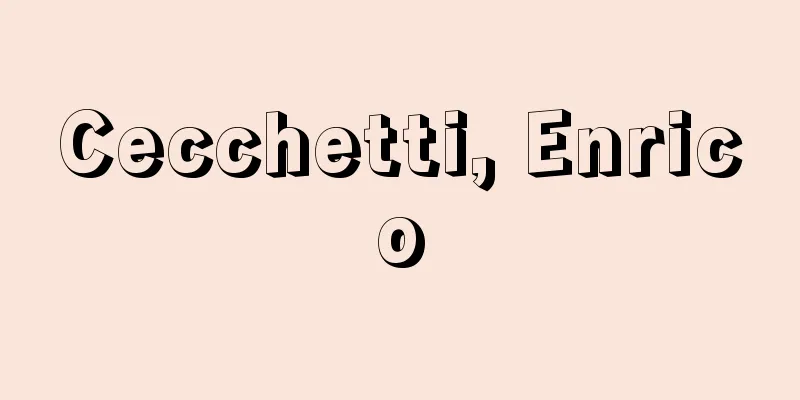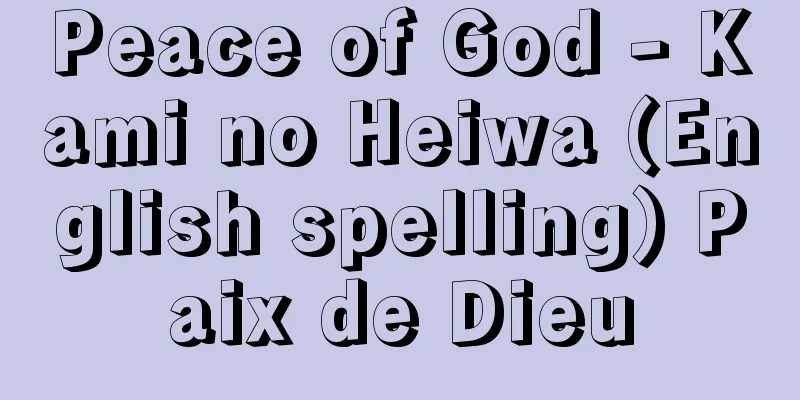corpuscles
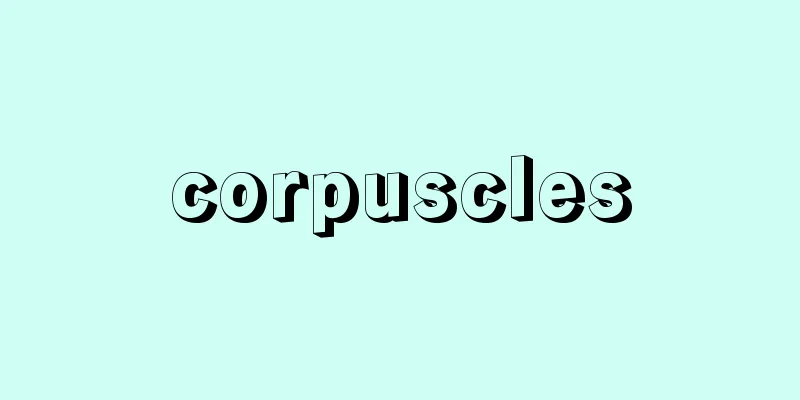
|
…Boyle, the founder of modern chemistry, did not necessarily think that elemental transformation was impossible, as implied in his theory of the structure of matter. In other words, he believed that the ultimate particles reached through analysis, called corpuscles, were made up of even smaller primordial particles, and that the differences between various elements arose from the various combinations of these particles. These ultimate particles and primordial particles correspond to today's atoms and elementary particles, respectively. … *Some of the terminology explanations that mention "corpuscles" are listed below. Source | Heibonsha World Encyclopedia 2nd Edition | Information |
|
…近世化学の始祖であるボイルは元素変換を必ずしも不可能と考えてはいなかったことが,彼の物質構造論に言外に示されている。すなわち,分析によって到達する究極の粒子corpusclesがさらに小さい始原粒子primordial particlesから成り,その種々の結合によって各種元素の差異が生ずると考えていた。この究極の粒子と始原粒子とは,それぞれ今日の原子と素粒子に当たる。… ※「corpuscles」について言及している用語解説の一部を掲載しています。 出典|株式会社平凡社世界大百科事典 第2版について | 情報 |
<<: corpusculum Malpighii (English spelling) corpusculumMalpighii
Recommend
Storage fee - Kurashikiryo
Cargo storage fees paid by shippers who entrust th...
Shadow Music - Kagebayashi
...The common name for kabuki music, which is use...
Weinbaum, SG (English spelling) WeinbaumSG
...After it was discovered that intelligent life ...
Ecstatic
In Sanskrit, it is called bhavāgra, and in the Bu...
Polygala tenuifolia (English spelling) Polygalatenuifolia
… [Morita Tatsuyoshi]. … *Some of the terminology...
Potassium gold cyanide
...A complex in which a gold ion is coordinated w...
Flavone - Flavone (English spelling)
Flavones are plant pigments that belong to the fl...
Miramón, M. (English spelling) MiramonM
…Both factions shared the ultimate goal of reform...
Wall mirror - Kabekagami
…Glass mirrors made from a compound of tin and me...
Desmosome
…In many cells, the fibrous structure of the cell...
Odense - Odense (English spelling)
The capital of the island of Funen, between the b...
Hatamti
…Elam is a name that appears in Mesopotamian sour...
vin mousseux (English spelling) vin mousseux
…Effervescent wine is called sparkling wine in En...
Kaya clan
A noble family since ancient times, whose main bas...
Emperor Gosakuramachi
1740-1813 The 117th Emperor of the mid-Edo period...
